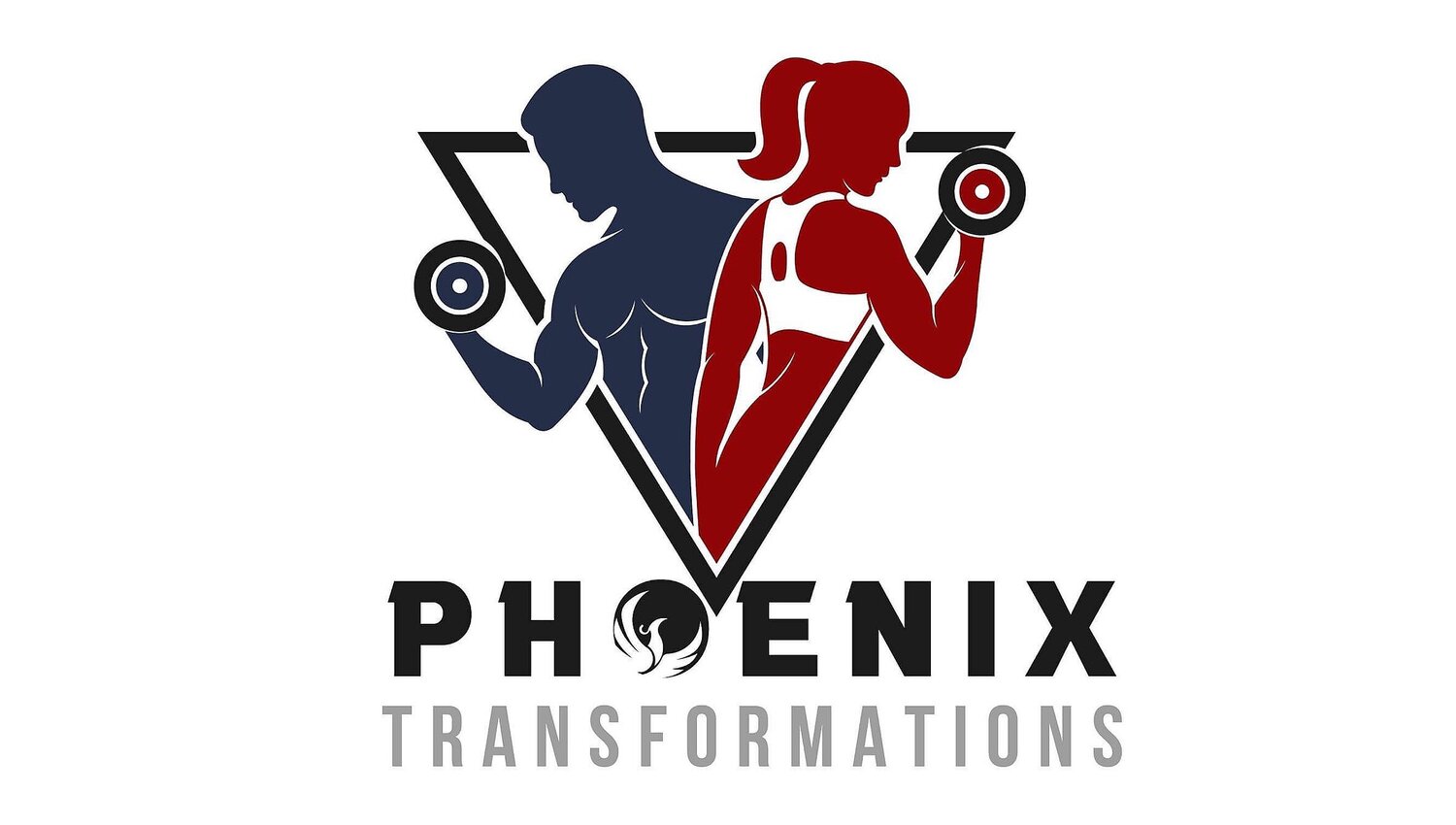Carbs Are Not The Enemy
When you think of carbs, what do you picture?
Is it the foods you’ve been told to avoid, like cakes, cookies, sweets, and bread?
While it’s true that these foods contain carbs, they’re also often high in fats.
But here’s the thing: carbohydrates are found in a wide range of foods, many of which are essential for a healthy diet, like fruits and vegetables. The key is understanding that not all carbs are created equal, and they’re certainly not the enemy they’re often made out to be.
Carbohydrates play a vital role in your body. Despite the myths, carbs are not inherently bad, and they don't directly cause fat gain. In fact, they are your body's preferred source of energy, especially during physical activity.
Let’s dive into why carbs are important, how they work in your body, and some healthy sources to include in your diet.
The Myth: “Carbs Make You Gain Fat”
One of the most common misconceptions about carbs is that they lead to weight gain. The reality, though, is that weight gain occurs when you consume more calories than your body needs(a calorie surplus), regardless of whether those calories come from carbs, fats, or proteins. In fact, carbs are actually lower in calories per gram than fats. While carbs and protein each contain 4 calories per gram, fats contain 9 calories per gram, making fat more calorie-dense.
Another reason people mistakenly believe carbs cause weight gain is due to water retention. For every gram of carbohydrates stored in your body as glycogen, your body holds onto 3-4 grams of water. This water retention can cause a slight increase in weight, but it’s important to remember that this is lean mass, not fat gain. Lean mass is good and helps increase your overall metabolic rate.
Carbs also have a higher thermic effect than fats, meaning your body burns more calories digesting and processing them compared to fats. This makes them a valuable part of your diet, especially when you’re aiming for fat loss or maintaining a healthy weight.
The Purpose of Carbs in the Body
Carbohydrates are the body’s main source of energy. When you eat carbs, your body breaks them down into glucose, which fuels everything from brain function to physical activity. Without sufficient carbs, your body has to work harder to produce energy, often leading to fatigue and decreased performance.
Fuel for Workouts: Carbs provide the energy needed for both aerobic and anaerobic exercise. They help replenish glycogen stores in your muscles, which is crucial for endurance and recovery.
Brain Power: Your brain relies heavily on glucose to function. Without enough carbs, you might experience brain fog, difficulty concentrating, and low mood.
Digestive Health: Many carb sources, particularly whole grains, fruits, and vegetables, are high in fiber, which is essential for digestive health and can help promote a healthy gut and prevent issues like constipation.
Healthy Sources of Carbs
Not all carbs are created equal. While refined sugars and processed foods (simple carbs) can spike your blood sugar levels, complex carbs provide sustained energy and essential nutrients. It’s also important to note that blood sugar spikes after a meal are completely normal. These spikes are your body’s natural response to digesting carbohydrates and turning them into energy.
For most people, this is nothing to worry about. However, it may be a concern for those with certain medical conditions, like diabetes, where blood sugar regulation is an issue. For the average person, these fluctuations are part of a healthy metabolism.
TIP: You can help minimize blood sugar fluctuations by eating your veggies first, followed by protein source second, and lastly carbs.
Here are some excellent sources of carbs to include in your diet:
Whole Grains: Brown rice, quinoa, steel cut oats, and whole wheat pasta are great options that provide energy and fiber.
Fruits: Bananas, berries, apples, and oranges are rich in vitamins, minerals, and natural sugars that provide quick energy.
Vegetables: Starchy vegetables like sweet potatoes, corn, and peas. And even non-starchy veggies like green beans and borccoli still have carbs, but they are nutritious sources of carbs that come with the added benefits of fiber, vitamins, and minerals.
Legumes: Beans, lentils, and chickpeas are not only rich in carbs but also provide a good amount of protein and fiber.
Dairy: Milk, yogurt, and cottage cheese are sources of carbs and also offer calcium, fat, and protein.
Carbs are not the enemy—they’re a vital part of a balanced diet that fuels your body and supports your overall health. By understanding their role, you can enjoy the benefits of carbohydrates without fear or guilt. Remember, it’s not about cutting out carbs but about making smart choices that align with your health and fitness goals.
So the next time you’re planning a meal or reaching for a snack, don’t shy away from carbs. Embrace them as an essential part of your diet that provides the energy and nutrients your body needs.
By focusing on balance and moderation, you can enjoy a variety of delicious, carb-rich foods while still working toward your health and fitness goals. After all, good nutrition is about making sustainable, enjoyable choices that nourish your body and keep you feeling your best.


